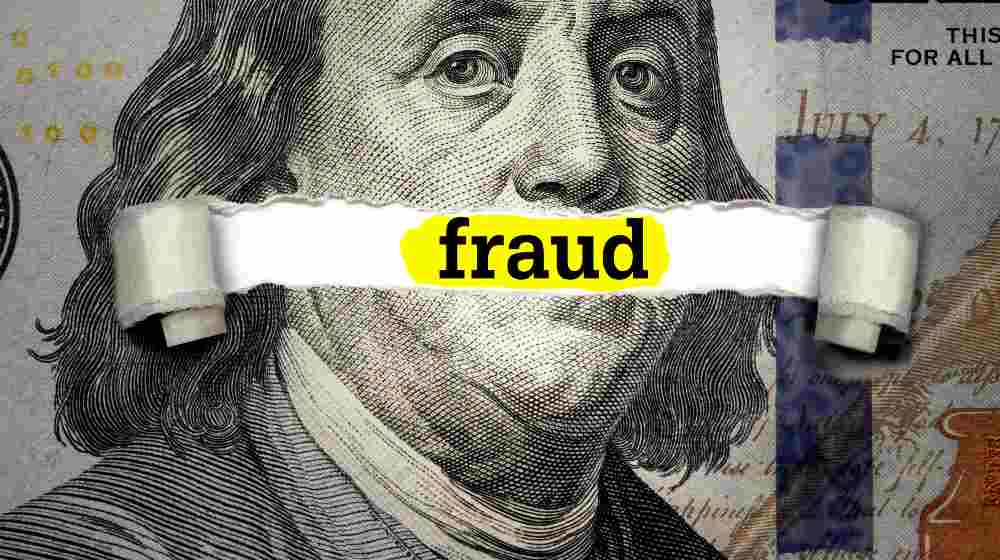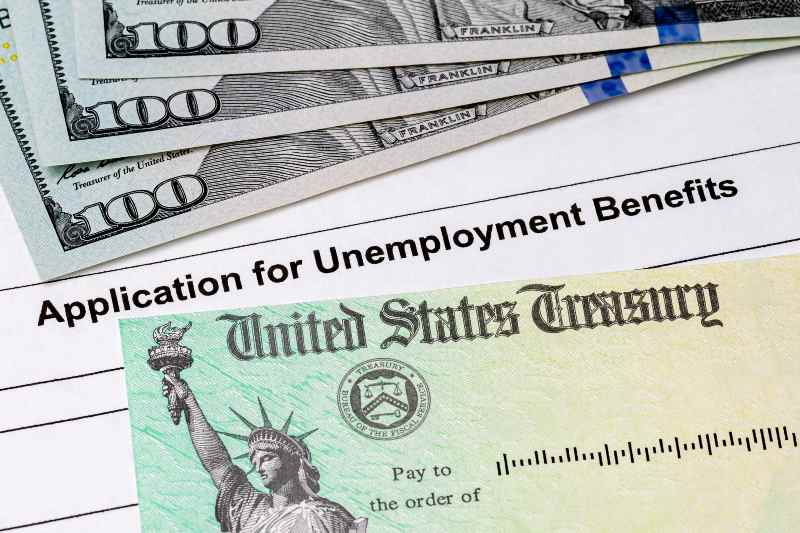News
10% Of $872b Unemployment Aid Ended Up As Fraudulent Claims

Around 10% of the total $872 billion in unemployment aid issued by the federal government ended up in fraud. During the pandemic, the labor department noted the rising number of theft and fraud cases.
RELATED: Extra Unemployment Assistance Programs Expires This Week
$872 Billion in Unemployment Aid

As COVID-19 shut down the United States economy, Congress authorized many programs aimed to keep Americans afloat in 2020.
These programs helped millions of displaced American workers receive benefits and stimulus money even as jobs dried up.
Some of these unemployment aid programs included increasing weekly jobless benefits, extending the coverage period, and expanding eligibility.
To cover the costs, the federal government raised $872 billion. This number is as of September 30, 2021, according to the Labor Department’s Office of Inspector General.
The large budget attracted a lot of attention from opportunities. This led to a surge in theft and fraud last year and this year.
Inspector General Said 10% of Total Unemployment Ended Up in Fraud
The government estimates that the US collectively lost at least 87 billion, or 10% of the unemployment aid funding. In addition, some states might have issued payments in error made in good faith.
The bulk of the fraud, however, lied on one temporary program, the Pandemic Unemployment Assistance. This expanded aid to the self-employed, gig-economy workers, and other special workers. These workers usually do not qualify for unemployment aid.
During the early stages of the program, lawmakers allowed individuals to self-attest their qualifications for benefits. The reason for doing so was to help expedite the process.
The pandemic generated the worst recession in the US since the Great Depression. The increased unemployment weekly payment, plus laxer application requirements, led thieves to exploit the system.
Organized Crime Rings Created False Identities
Much of the unemployment fraud has ties to organized crime rings that bought identity information stolen in past data breaches, the Labor Department has said. Criminals use this data to apply for benefits in others’ names.
Andrew Stettner, an unemployment expert at The Century Foundation, said the pandemic showed many state governments remain ill-prepared.
“I think the problem with unemployment fraud was serious and unprecedented,” he said. Stettner added that states overlooked the fact that stolen identities can show up.
In all fairness, state officials had very limited time to make the system work. As a result, they didn’t realize the need for additional checks until it’s too late.
Despite High Fraud Incidences, Unemployment Aid Program Still A Success
Even with the high incidences of fraud, the government’s unemployment aid program during the pandemic remains a success.
In fact, the program cut poverty and helped usher in American economic recovery. According to the US Census Bureau, the expanded unemployment benefits program saved 5.5 million Americans from falling into poverty last year.
However, the work in trying to identify the fraudsters and getting the money back has just begun. The Inspector General’s office said that investigative work into unemployment aid ballooned to 1,000%.
The work now accounts for 92% of the case inventory. Prior to the pandemic, it only covered 12% of total cases.
Watch the ABC15 Arizona news video reporting that Arizona paid $4.4 billion in fraudulent unemployment claims during the pandemic:
What do you think about the high number of fraud-related cases in the unemployment aid program? In addition, what do you think can help reduce the number of incidences?
Share what’s on your mind. Leave your comments in the comment section below.
















2 Comments
IF YOU WANT SOMETHING PUCKED UP————–TURN IT OVER TO THE FEDERAL GUBMINT !!!
IF YOU WANT SOMETHING “FUBAR” TURN IT OVER TO THE BIDUMB ADMINISTRATION !!!!!!!
the more illegals the more fraud